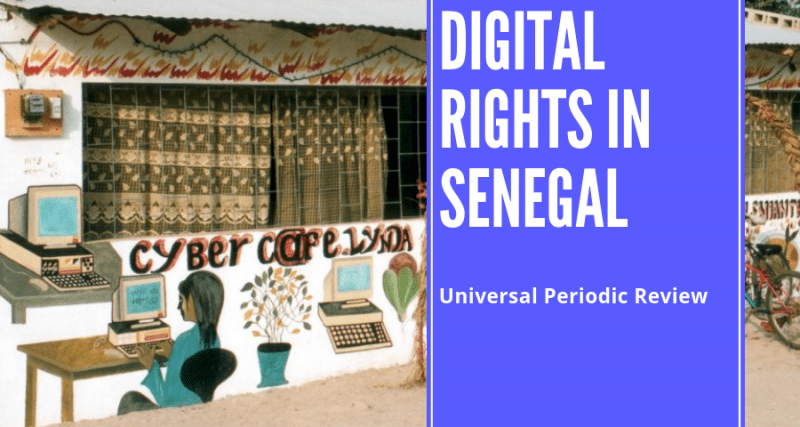By Ashnah Kalemera |
Senegal’s diverse media landscape helps it to attain relatively high scores in international press freedom rankings. It is ranked 50 out of 180 countries in the 2018 World Press Freedom Index, up from 79 in 2015. The country’s Constitution guarantees the right to freedom of expression thus: “Everyone shall have the right to freely express and disseminate his opinions by word, written word or image or peaceful march, provided that the exercise of these rights shall not undermine the honour of and respect due to other persons, nor threaten public order.”
However, freedom of expression online is restricted under various legislation including the Penal Code, 1965, Law No. 14/2017 on the Press Code and Law No. 2011-01 which governs the telecommunications sector. In 2018, the Senegalese government moved to tighten its grip on online communication after parliament passed a law regulating the internet, a move justified as necessary to stem the spread of misinformation. These laws have facilitated the arrest and prosecution of critical journalists and artists, including for content published online.
Meanwhile, although the country has had a privacy and data protection law for over a decade, the enforcement authority – the Commission of Personal Data (CDP) – has not been able to sufficiently fulfill its mandate due to resource limitations. Nonetheless, several private and public actors continue to collect personal data in Senegal without any regulatory enforcement by the CDP. This is the case for mandatory SIM card registration implemented by the Regulatory Authority for Telecommunications and Posts (ARTP) through mobile telecom operators and linked to the national identity database.
Article 5 of the Press Code provides that journalists and the media have “free access” to information but there are exemptions such as where the information is a “defense secret” or relates to “secret investigations” or regulations applicable to access to some sites or structures. However, Senegal remains without an access to information law to facilitate citizens’ requests for information and proactive disclosures, and there are widespread calls for a law to be passed in order to promote transparency and accountability.
Meanwhile, low affordability and poor quality of service further hinder adoption of technology in an otherwise thriving sector. Mobile telephony, for example, now offers solutions for virtual financial services ranging from banking services to payment services. Further, leading money transfer application WARI, which was founded in Senegal and remains hugely popular, has been adopted in many countries in West Africa. In the agriculture sector, MLouma, which connects sellers and buyers of agricultural products, has grown from 1,000 to 75,000 users since developing a version which allows users without smartphones or the internet to access the service, as well as integrating a payment service.
As a United Nations (UN) member state, Senegal underwent her third cycle human rights assessment under the Universal Periodic Review (UPR) mechanism during the 31st session of the Human Rights Council in November 2018. Digital rights did not feature explicitly in the 257 recommendations made regarding human rights protection at legal and institutional level. However, up to seven recommendations made by France, Chile, Sweden, Peru and Greece related to media rights and free speech. These recommendations echoed those in previous reviews that remained largely unimplemented.
As part of Internet Freedom and UPR advocacy efforts at the Human Rights Council, the Collaboration on International ICT Policy for East and Southern Africa (CIPESA), Small Media, Jonction Senegal and the Senegal ICT Users Association (ASUTIC) made the following recommendations to UN members to consider putting forward to the Senegal delegation:
| Key Issue/s | Recommendations |
| Freedom of Expression |
|
| Freedom of information and censorship of content |
|
| Equality and barriers to access |
|
| Right to data protection and privacy on the Internet |
|
| Freedom of creation and innovation |
|
See the full advocacy brief here. French version is also available here.
On March 14, 2019, Senegal accepted 229 out of the 257 recommendations it received in the UPR assessment. A full list of the accepted and rejected recommendations is not yet available so it remains unclear whether recommendations accepted prioritise reforms to fully guarantee citizens’ rights – online and offline – to freedom of expression, access to information, and to privacy.

